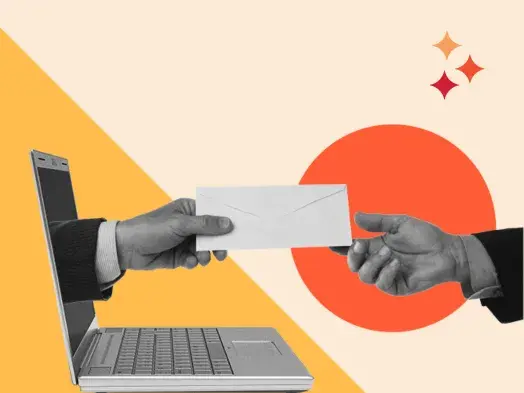
"Accessing zero-party data means obtaining reliable insights directly from audiences willing to share their information, far exceeding the reliability of passively collected data."
"Building trust is crucial in a landscape with increasing phishing threats; zero-party data enables consumers to know exactly which information they are providing."
"Personalization through zero-party data facilitates enhanced cross-channel experiences, allowing brands to tailor communications effectively across different platforms."
"Rising privacy regulations like Apple's Mail Privacy Protection are driving marketers to focus on collecting zero-party data to maintain customer relationships."
The growing emphasis on zero-party data is a response to increasing privacy concerns and regulatory pressures. Unlike passive data collection, zero-party data is willingly shared by users, resulting in high-quality insights for businesses. Trust is built when companies clearly communicate the purpose of data collection. This data allows for personalized experiences across various channels, ensuring that customer interactions are both relevant and engaging. Marketers recognize that relying on zero-party data not only meets customer expectations but also strengthens brand loyalty in an era focused on privacy.
Read at Hubspot
Unable to calculate read time
Collection
[
|
...
]